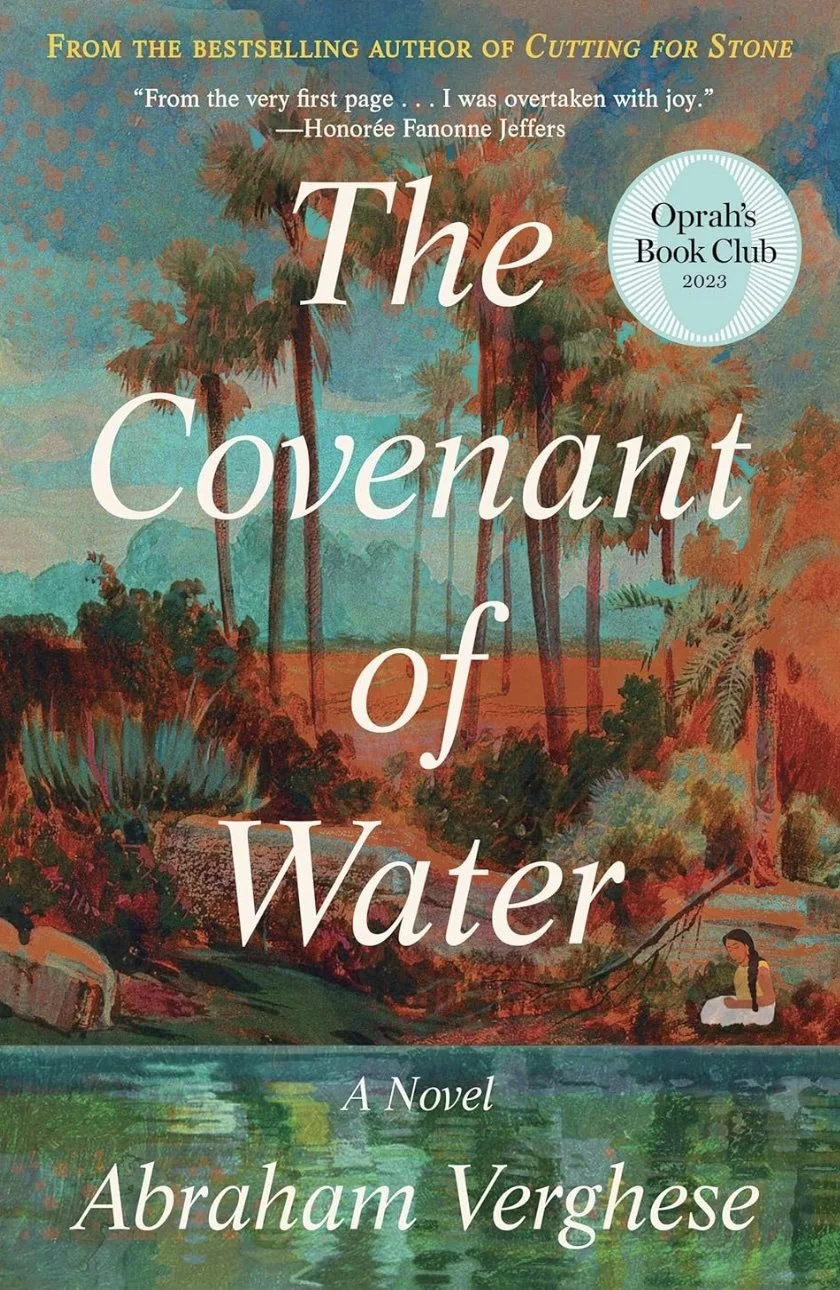"The past is past," and yet . . . : More summer reading
As I warm up for the return to my own book (editing, phase two), I’m sharing a few more thoughts out of my summer reading. Abraham Verghese’s The Covenant of Water is a lushly descriptive tale with wonderful characters and a vivid sense of time and place. It’s simply gorgeous storytelling. (The audiobook, read by the author, is terrific—Dr. Verghese is nearly as good with a regional accent as he is with a pen or, I assume, a diagnosis.)
A phrase toward the end of chapter 2 has stuck with me: “The past is past, but furthermore it’s different every time I remember it.” It’s a line put in the voice of a grandmother, spoken to her granddaughter in a flash forward from the story of her own childhood, true to Verghese’s effortless way with time and chronology. He is a master of epic, multi-generational fiction, a genre that often carries its story through the continual remaking of events through memory.
But how can this understanding that the past is largely an act of remembering—whether that memory is lodged in recollection or in material remains awaiting interpretation—be incorporated into the writing of history? This is one matter I am grappling with in my book on the Crypta Balbi block in Rome, which is not a work of historical fiction but its inverse, a work of history imbued with well-grounded imagination.
I have plenty of sources to tell this history from the “facts” alone, yet “facts” do not present the fullest story. On this small, two-acre corner of central Rome, I have found narratives that coalesce and others that conflict, circumstances that present themselves boldly and others that have been shrouded in an archive or beneath the soil. The historians job is to find the truth, but as Verghese’s wise grandmother reminds us, even one individual’s perspective will shift with time. How can we possibly capture that variance in a complex historical text?
One way is to acknowledge, from the start, that that truth is conditional. And one way to illustrate that conditionality is to soften the edges of historical writing to include the probable, the possible, and the plausible. The space between “the past” and “recalling the past” is not as great as we (historians) might like it to be. Verghese’s fictional grandmother got that, just right.
